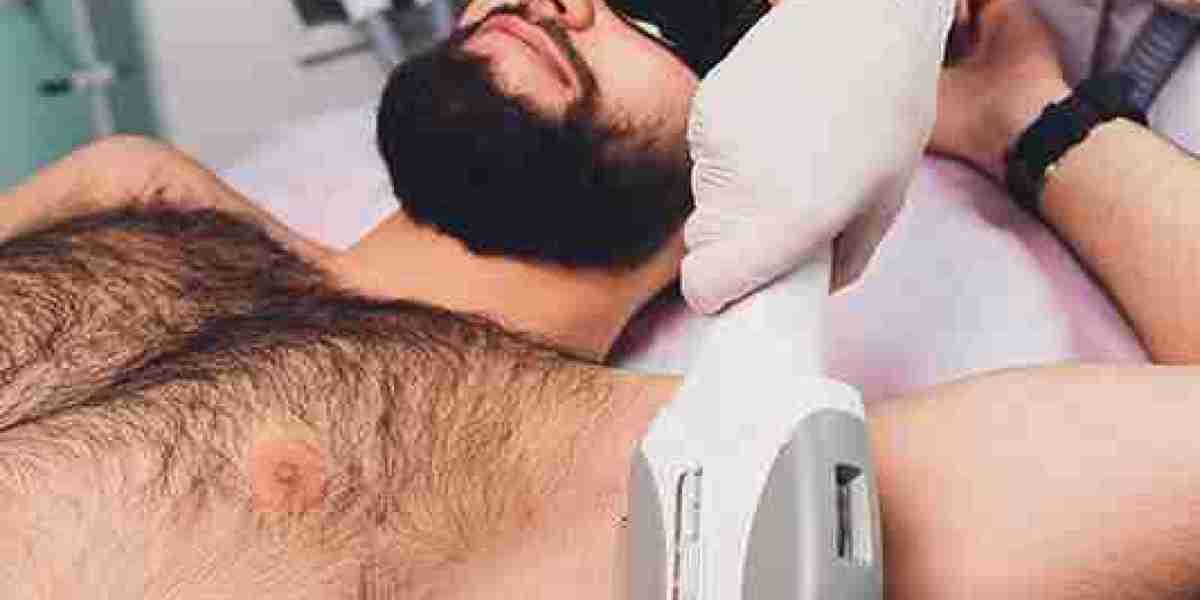Laser hair removal in Dubai has become a widely preferred solution for long-term hair reduction. While many people see dramatic improvements, those dealing with hormonal hair growth often wonder if the treatment will be effective for their unique situation. Hormonal imbalances can lead to stubborn, recurring hair, particularly on the face, chest, and abdomen — areas often affected by conditions like PCOS or thyroid disorders.
This guide explores whether Laser hair removal(إزالة الشعر بالليزر) is effective for hormonally driven hair growth, what to expect, and how to optimize your treatment plan.
Understanding Hormonal Hair Growth:
Hormonal hair growth is typically caused by an increase in androgens, such as testosterone. These hormones stimulate the hair follicles to produce thicker, darker hairs in areas where women typically have finer hair. Conditions like polycystic ovary syndrome (PCOS), menopause, and certain medications can trigger or worsen this issue.
This type of growth often follows a pattern and can be more difficult to manage because it's not just about hair—it’s about what’s happening inside the body.
How Laser Hair Removal Works?
Laser hair removal targets the melanin in hair follicles using pulses of light. The energy is absorbed by the pigment, which damages the follicle and reduces its ability to produce hair in the future. The process is most effective when hair is in its active growth phase, which is why multiple sessions are needed to achieve the best results.
For most people, a series of treatments spaced several weeks apart leads to significantly reduced hair growth that is lighter, finer, and slower to return.
Is It Effective for Hormonal Hair Growth?
Yes, but with some considerations.
Laser hair removal in Dubai can be effective for hormonal hair growth, though results may take longer to achieve and may require ongoing maintenance. While the laser can successfully reduce hair in treated areas, it doesn’t address the underlying hormonal imbalance causing the growth. This means new hairs may continue to emerge over time.
For best results, many people combine laser treatment with medical management of their hormonal condition. With consistent sessions and proper care, laser hair removal can still offer smoother, clearer skin and a significant reduction in hair density.
What to Expect from Treatment?
Multiple sessions required: People with hormonal hair growth may need more than the average number of sessions, often between 6 to 10, and sometimes more.
Maintenance treatments: Occasional touch-up sessions may be needed every 6–12 months to manage regrowth.
Slower progress in some areas: Hormonal hair on the face, chin, or chest may take longer to respond than areas like the legs or underarms.
Combination approach: Working alongside healthcare providers to manage hormone levels can improve results.
Tips for Better Results:
Stay consistent with your appointments.
Avoid waxing or plucking between sessions.
Inform your provider if you have PCOS or another hormonal issue.
Maintain healthy lifestyle habits that support hormonal balance.
FAQs:
Can laser hair removal cure hormonal hair growth?
No, it doesn’t cure the underlying hormonal issue, but it effectively reduces the appearance and thickness of hair in the treated areas.
Is it safe for women with PCOS?
Yes, it’s generally safe and effective for women with PCOS. However, more sessions may be required, and results may vary.
How soon will I see results?
Some people begin to see results after 2–3 sessions, but those with hormonal hair growth may notice slower progress.
Will I need lifetime treatments?
Not necessarily, but maintenance sessions may be needed periodically to manage new hair growth caused by ongoing hormonal changes.
What areas respond best to treatment?
Laser hair removal works well on areas like the legs, arms, and underarms, but facial and abdominal areas may need more attention if influenced by hormones.
Final Thoughts:
While Laser hair removal(إزالة الشعر بالليزر)in Dubai may not stop hormonal hair growth at its source, it offers a powerful tool for managing its visible effects. With the right number of sessions, a personalized treatment plan, and ongoing hormonal management, many people experience lasting hair reduction and smoother skin. If you’re dealing with unwanted hair due to a hormonal condition, laser treatment remains a safe, effective, and increasingly popular choice in the region.




